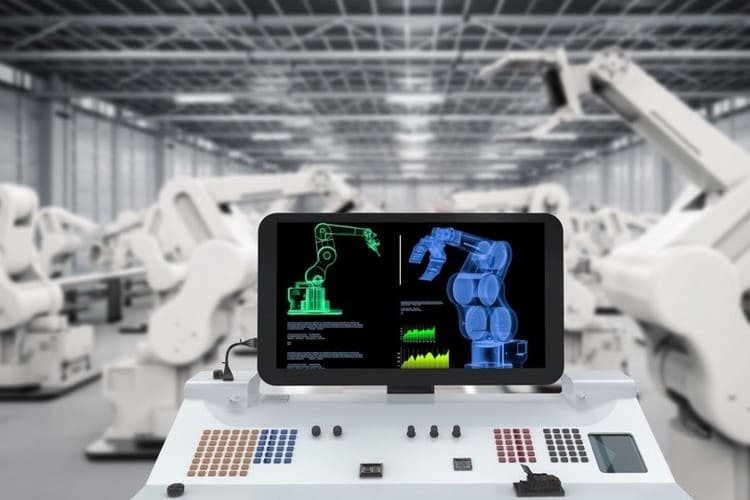How AI Is Transforming Manufacturing In 2020

AI in manufacturing would build a new process order as the technology comes of age. It, along with machine learning and deep learning, has made great strides in recent years. Different industries are embracing it for their business benefit. The manufacturing industry is one of the prominent sectors across the world. It employs a large workforce in the US numbering around 13 million. The US states that heavily depend on manufacturing are Alabama, Kentucky, Arkansas, North Carolina, South Carolina, Tennessee, Mississippi.
The manufacturing industry would bounce back with full vigor and survive any uncertain times with the latest AI technology. As per a report by IDC, the worldwide spending on AI would reach $97.9 billion by the year 2023, thus showing the crucial role of AI in the current business world. Here are the key solutions that AI has been providing to different manufacturing companies and also could help your organization to tackle any challenge.
Let’s check how AI is transforming the manufacturing industry:
- Using deep learning for the assembly line:
Deep learning can help boost the productivity of the assembly line. It is designed in a unique way to copy how a human brain works and shift the information for a faster analysis of the data. With the help of this technology, the robots can understand to make the next move, recognize the various parts; even if one of the robots breaks down while functioning the other robot could take over to carry out the task. As per a study, it has been found that any sudden breakdown could cost manufacturers around $50 billion annually. It would also save the time of the manufacturer.
- Designing high-quality products for the market:
Machines are known to work faster and produce good-quality products in less time, but they can also help to predict the accurate design that could work out for a specific product.
For example, General Motors, a USA based company, collaborated with one of the software corporations, Autodesk to help them with the machine learning technique. It thus guided the manufacturing organization to an effective product design suitable for their business. When you are a manufacturer of a well-known brand, you obviously have many constraints, such as budget, time, quality, etc. With AI, you could analyze all and produce optimized products.
- Adapting to the VUCA business world:
With the current unprecedented scenario, the manufacturing industry needs to rely on the technology that can sail it safely to the safe ground. The VUCA meaning the volatile, uncertain, complex, and ambiguous conditions due to the changing behavior of the customer, can put the industry in a difficult scenario. AI helps the industry to visualize the upcoming changes and trends that it might face in the future. The algorithms can analyze various patterns such as the political changes, economic scenario, social scenario, weather changes to predict the future market of the manufacturing industry.
This process would help the organization to plan accordingly for manufacturing the required product at the right numbers.
- AI to maintain the machinery products:
Artificial intelligence is even intelligent enough to predict which of the machinery products need maintenance after a specific time, or which machinery product could wear off soon, etc. This gives the manufacturer ample time to replace that machinery product with a new one, thus mitigating the risk of any accident endangering human life. As a manufacturer, this could be a sigh of relief for you.
- Improving the production quality:
As per the Forbes Insight, 49% of the respondents from the manufacturing sector considered AI as critical to their success.
Conclusion
AI would significantly transform all the industries. The manufacturing industry would hugely benefit from the technology. With the 4th industrial revolution underway, every manufacturer should integrate this technology into their process to produce good revenue.
About the Author
Robert Jordan, a seasoned marketing professional with over 10 years of experience, is currently working as Media Relations Manager at InfoClutch Inc, which offers the most sought after technology database including SAP customers list, Netsuite customer list with other services like data licensing, data appending, etc. His passion is writing. He recommends to try Studyclerk because he works there as a content writer now.
Image courtesy: Medium